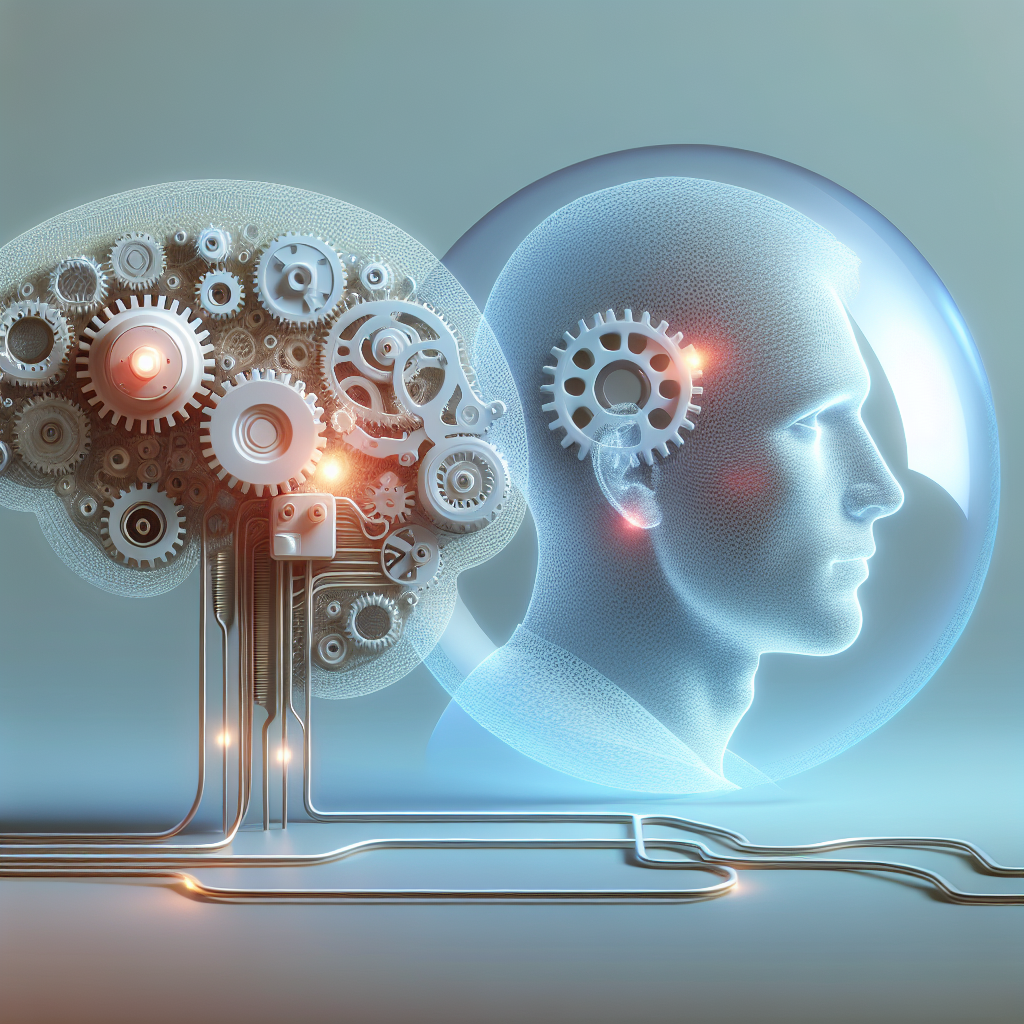The Impact of AI on Individual Privacy Rights
Artificial Intelligence (AI) has become an integral part of our daily lives, from personal assistants like Siri and Alexa to recommendation algorithms on social media platforms. While AI has the potential to revolutionize industries and improve efficiency, it also raises concerns about the impact on individual privacy rights. As AI becomes more advanced and ubiquitous, it is crucial to understand the implications for privacy and take steps to protect personal data.
AI and Privacy Rights
AI technologies rely on vast amounts of data to function effectively, including personal information such as location data, browsing history, and social media interactions. This data is used to train machine learning algorithms and make predictions about user behavior. While this can lead to personalized experiences and improved services, it also raises privacy concerns.
One of the main concerns surrounding AI and privacy is the potential for data breaches and unauthorized access to personal information. As AI systems collect and analyze large amounts of data, there is a risk that this information could be compromised, leading to identity theft, fraud, or other malicious activities. Additionally, AI algorithms may inadvertently reveal sensitive information about individuals, such as medical history or financial status, without their consent.
Another issue is the lack of transparency in AI decision-making processes. Machine learning algorithms are often complex and opaque, making it difficult for users to understand how their data is being used and for what purposes. This can lead to a lack of accountability and oversight, as individuals may not be able to challenge or appeal decisions made by AI systems that affect their privacy rights.
Furthermore, AI technologies have the potential to infringe on individual autonomy and freedom of choice. By analyzing user data and predicting behavior, AI systems can manipulate preferences and influence decision-making, without the user’s knowledge or consent. This raises ethical concerns about the use of AI to control or manipulate individuals, rather than empower them to make informed choices.
Protecting Privacy Rights in the Age of AI
To address these concerns and protect individual privacy rights, it is essential to implement robust privacy protections and regulations for AI technologies. This includes:
1. Data Minimization: AI systems should only collect and use data that is necessary for their intended purpose, and data should be anonymized or encrypted whenever possible to minimize the risk of unauthorized access.
2. Transparency and Accountability: AI algorithms should be designed to be transparent and explainable, so that users can understand how their data is being used and make informed decisions about sharing their information. Organizations should also be held accountable for the ethical use of AI technologies and be subject to oversight and regulation.
3. Consent and Control: Individuals should have the right to consent to the collection and use of their data by AI systems, and have control over how their information is shared and used. Organizations should provide clear and accessible options for users to manage their privacy settings and preferences.
4. Security Measures: Organizations should implement robust security measures to protect user data from breaches and unauthorized access, including encryption, access controls, and regular security audits. In the event of a data breach, organizations should have procedures in place to notify affected individuals and take steps to mitigate the impact.
5. Ethical Guidelines: Organizations should adhere to ethical guidelines and principles when developing and deploying AI technologies, including respect for individual rights, fairness, and transparency. This includes conducting ethical assessments and impact assessments to identify and address potential risks to privacy and human rights.
FAQs
Q: Can AI technologies access my personal information without my consent?
A: AI technologies can collect and analyze personal information, such as location data and browsing history, to improve user experiences and make predictions. However, organizations should obtain consent from individuals before collecting and using their data, and provide options for users to manage their privacy settings.
Q: How can I protect my privacy rights when using AI technologies?
A: To protect your privacy rights when using AI technologies, you can:
– Review and adjust your privacy settings on AI platforms and devices
– Limit the amount of personal information you share with AI systems
– Be cautious about granting permissions to access your data
– Stay informed about privacy policies and regulations related to AI technologies
Q: What should I do if I suspect a data breach or unauthorized access to my personal information by an AI system?
A: If you suspect a data breach or unauthorized access to your personal information by an AI system, you should:
– Contact the organization responsible for the AI system and report your concerns
– Monitor your accounts and information for any suspicious activity
– Change your passwords and security settings to protect your data
– Consider filing a complaint with relevant regulatory authorities or seeking legal advice
In conclusion, the impact of AI on individual privacy rights is a complex and evolving issue that requires careful consideration and action. By implementing robust privacy protections and regulations for AI technologies, organizations can ensure that user data is handled responsibly and ethically, while empowering individuals to make informed choices about their privacy. It is essential for individuals to stay informed about their privacy rights and take proactive steps to protect their personal information in the age of AI.

